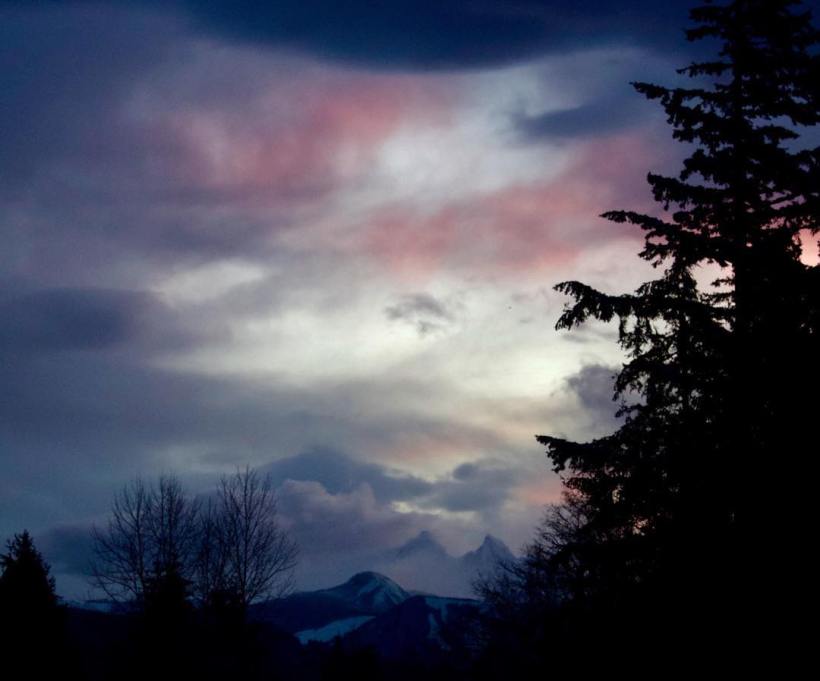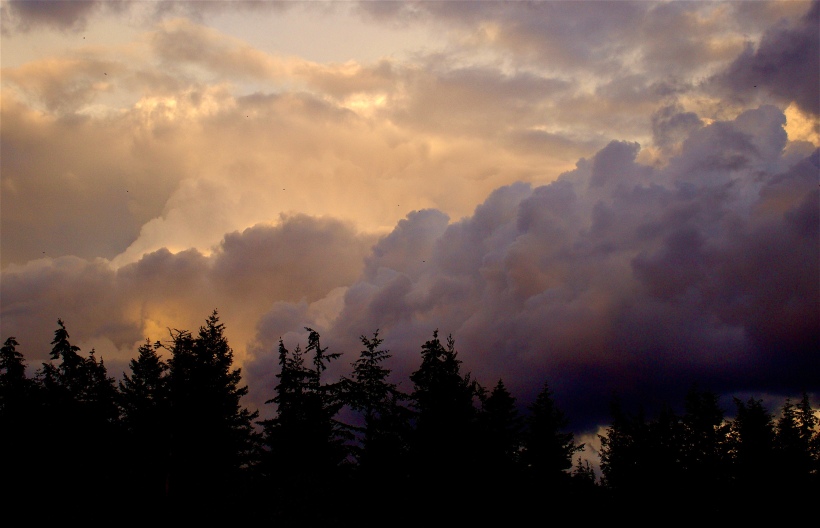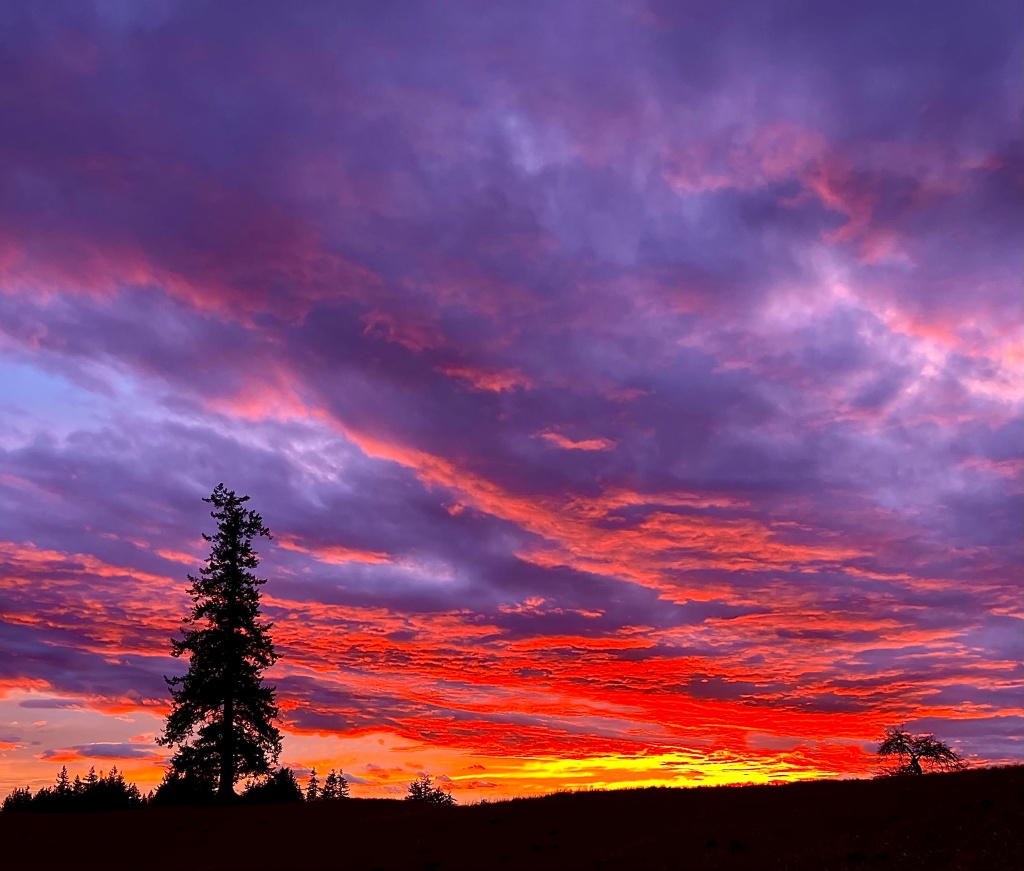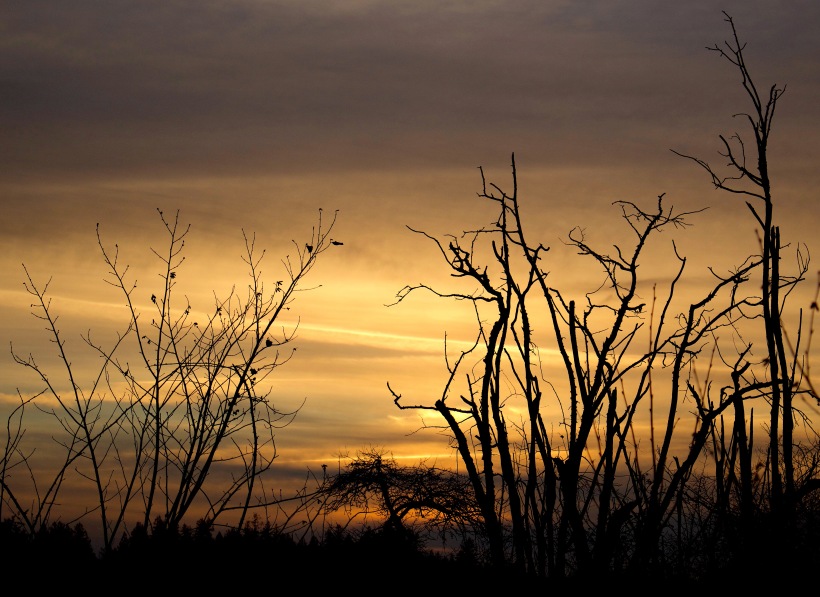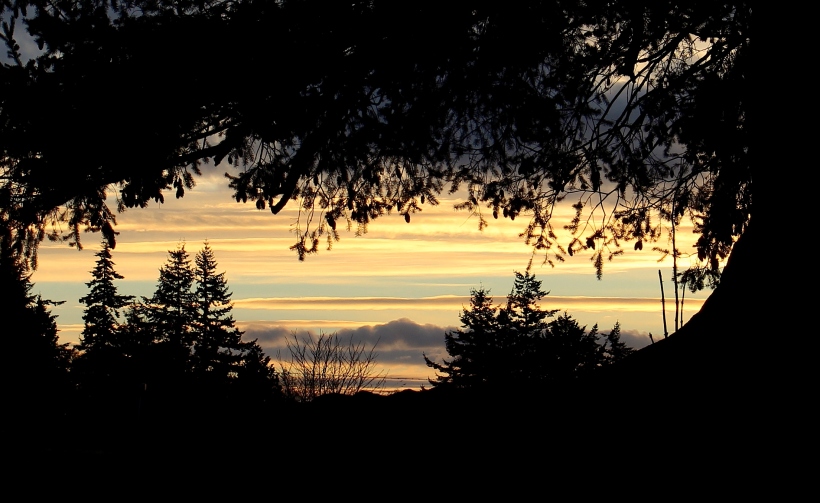


Jesus comes near and he beholds the city
And looks on us with tears in his eyes,
And wells of mercy, streams of love and pity
Flow from the fountain whence all things arise.
He loved us into life and longs to gather
And meet with his beloved face to face
How often has he called, a careful mother,
And wept for our refusals of his grace,
Wept for a world that, weary with its weeping,
Benumbed and stumbling, turns the other way,
Fatigued compassion is already sleeping
Whilst her worst nightmares stalk the light of day.
But we might waken yet, and face those fears,
If we could see ourselves through Jesus’ tears.
~Malcolm Guite “Jesus Weeps”



On this Holy Monday, facing ahead to
a week of knowing our world is in disarray~
a week of facing our own shame and mortality,
a week where thorns and tears overwhelm the blossoms~~
To remember what He did this week long ago,
to conquer the shroud and the stone,
to defy death,
makes all the difference to me.
Indeed Jesus wept and groaned for us.
To be known for who we are
by a God who weeps for our sin and despair
and groans with pain we caused:
we can know no greater love.
This week ends our living for self, only to die,
and begins our dying to self, in order to live.



And when he drew near and saw the city, he wept over it, saying, “Would that you, even you, had known on this day the things that make for peace!
But now they are hidden from your eyes.
Luke 19:41

This Lenten season I reflect on the words of the 19th century southern spiritual hymn “What Wondrous Love is This”
Seems the sorrow untold, as you look down the road
At the clamoring crowd drawing near
Feel the heat of the day, as you look down the way
Hear the shouts of Hosanna the King
Chorus
Oh, daughter of Zion your time’s drawing near
Don’t forsake Him, oh don’t pass it by
On the foal of a donkey as the prophets had said
Passing by you, He rides on to die
Come now little foal, though you’re not very old
Come and bear your first burden bravely
Walk so softly upon all the coats and the palms
Bare the One on your back oh so gently
Midst the shouting so loud and the joy of the crowd
There is One who is riding in silence
For He knows the ones here will be fleeing in fear
When their shepherd is taken away
Soon the thorn cursed ground will bring forth a crown
And this Jesus will seem to be beaten
But He’ll conquer alone both the shroud and the stone
And the prophesies will be completed
On the foal of a donkey as the prophets had said
Passing by you He rides on to die
~Michael Card










































